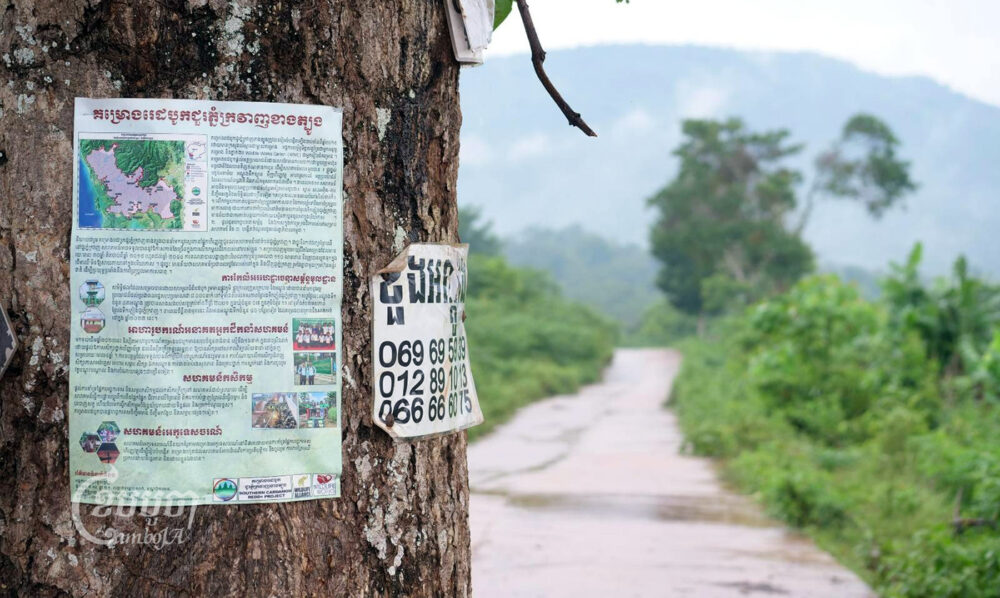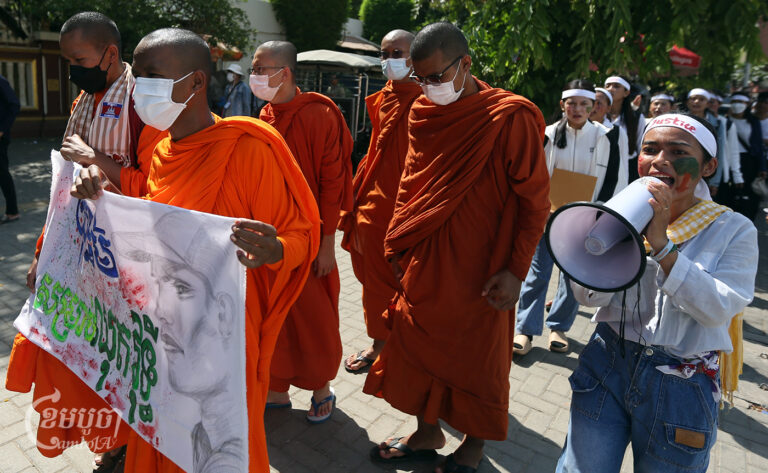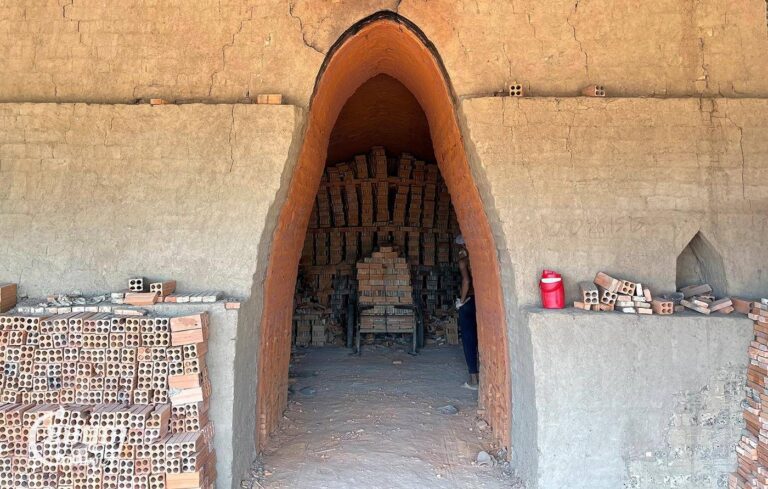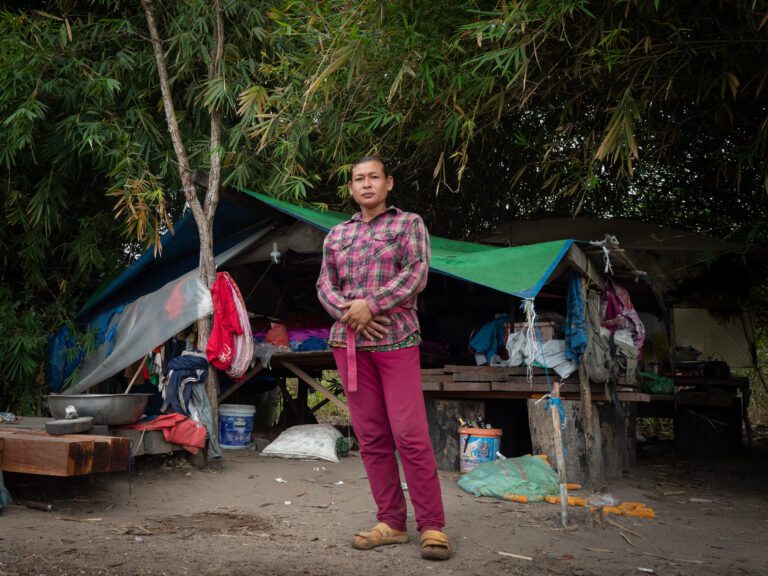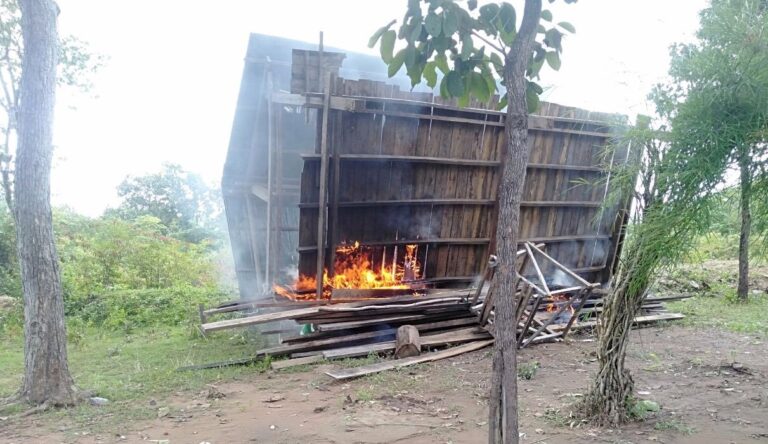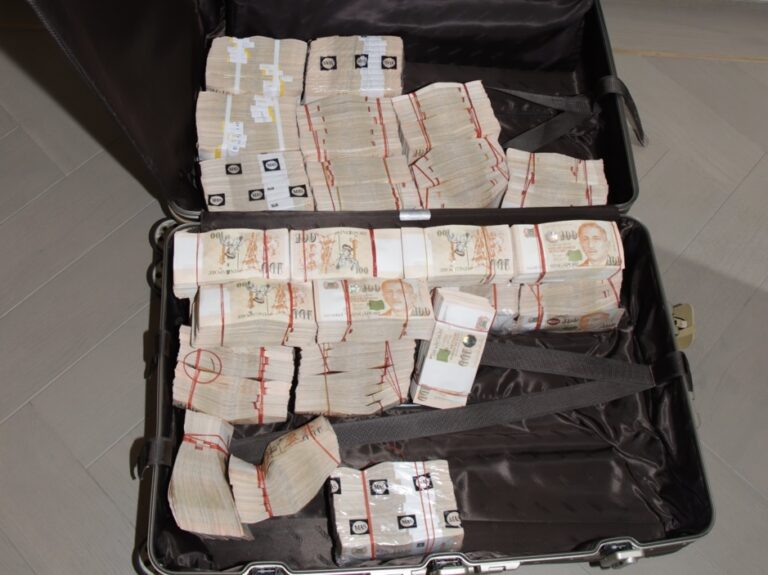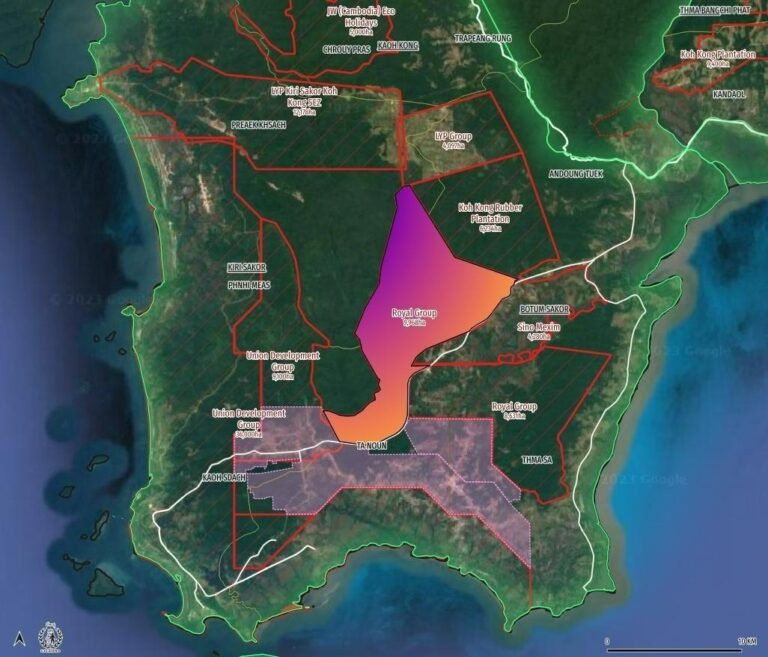An international organization accrediting global forest conservation projects has opened an investigation into the Southern Cardamom REDD+ project run by the NGO Wildlife Alliance and the Environment Ministry.
In a letter dated June 19, Verra told Wildlife Alliance and Environment Ministry that it had received “stakeholder comments” on May 30 about the Southern Cardamom REDD+ Project and “deems these comments to warrant further investigation.”
The NGO Human Rights Watch told CamboJA it has been investigating “allegations of human rights abuses in the context of the Southern Cardamom REDD+ Project” since April 2022.
“We have shared our preliminary findings with the implementers of the project, the firms that audited the project, and, most recently, with Verra,” Human Rights Watch told CamboJA on Wednesday. “We hope Verra’s actions lead to comprehensive remediation of the harms we have documented.”
“Verra will conduct the review and while the review is ongoing, any further credit or label issuance is suspended,” Verra’s chief program management officer Farhan Ahmed stated in the letter.
Wildlife Alliance oversees a 450,000 hectare REDD+ zone encompassing the Southern Cardamom National Park and Tatai Wildlife Sanctuary.
REDD+ stands for “reducing emissions from deforestation and forest degradation in developing countries” according to the United Nations. Private companies can invest in the REDD+ project’s forest conservation efforts to offset their carbon emissions.
Wildlife Alliance did not respond to phone calls or emails from CamboJA on Wednesday.
Ministry of Environment Undersecretary of State Chuop Paris, who Verra addressed directly in its letter, told CamboJA he had not yet read the document.
“I didn’t open it, I didn’t have time to read it yet,” said Paris, who is the primary contact between the Environment Ministry and REDD+ project coordinators.
Everland, the company which markets and sells credits from the Southern Cardamom REDD+ project, said it planned to issue a statement. Everland’s president Josh Tosteson declined to comment when reached by phone on Wednesday.
Verra’s letter cites concerns surrounding compliance with its guidelines, including the Climate, Community, and Biodiversity (CCB) Program Rules. Failure to comply with these guidelines could lead Verra to suspend the REDD+ project.
The CCB standards mandate “developing projects that deliver credible and significant climate, community and biodiversity benefits in an integrated and sustainable manner.”
Koh Kong province native Ven Vorn, a representative of the Chorng indigenous community living inside the REDD+ project, said that “this REDD+ project does not allow people to use non-timber forest products.”
Vorn said the REDD+ project had supported local communities with infrastructure such as roads and wells, and that people appreciated the investment.
But Vorn expressed concern that the REDD+ project had decreased access to fruits, vegetables and other products they had traditionally relied on for subsistence and livelihood needs. Around 4,000 people live in more than 20 villages inside the REDD+ zone, according to Verra’s website.
“If the REDD+ project creates a community forest to enable the community to use non-timber forest products, that is a good thing,” Vorn declared. “But this REDD+ project does not allow people to use non-timber forest products.”
Vorn also stated the Chorng community has been banned from farming in certain areas as government officials engage in a long-delayed land zoning process.
“For all issues related to zoning, conservation, and the use of non-timber forest products in the REDD+ project, Wildlife Alliance, as well as environmental officials, do not have a detailed meeting to provide information to the people and do not set clear zoning for the people,” Vorn said. “That’s causing problems with the people.”
Another Chorng environmental activist living inside the REDD+ project, Ream Saosea, said she believed the REDD+ project had helped decrease illegal logging.
“I would regret it if the project is withdrawn,” she said. “When it [the forest] is too open, it will deplete natural resources.”
Everland claims the REDD+ project has offset more than 27 million tons of carbon emissions.
Southern Cardamom National Park and Tatai Wildlife Sanctuary are also home to endangered species such as the Giant Ibis, the Sun Bear and Pileated gibbon.
Yet Seaosea said authorities lacked mutual understanding of the rights of indigenous peoples in the area.
Wildlife Alliance employs a “fortress conservation” style approach which has controversially involved burning homes, farming equipment and paramilitary-style operations with government rangers and military police to clamp down on alleged land encroachment and deforestation.
The Environment Ministry has reportedly arrested indigenous peoples in other communities for living and farming inside protected areas, even though the farmers say they have traditionally lived on that land.
“Sometimes they [authorities] do the right thing but hit the wrong target,” Seosea said. “They [arrest] the communities that use non-timber forest products, not the timber loggers, they never arrest them.”
Verra told Wildlife Alliance and the Ministry of Environment that written responses must be provided following the findings of its report.


